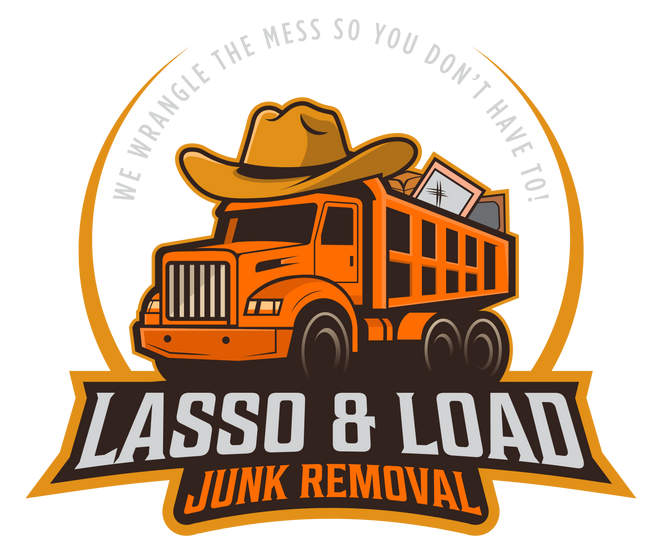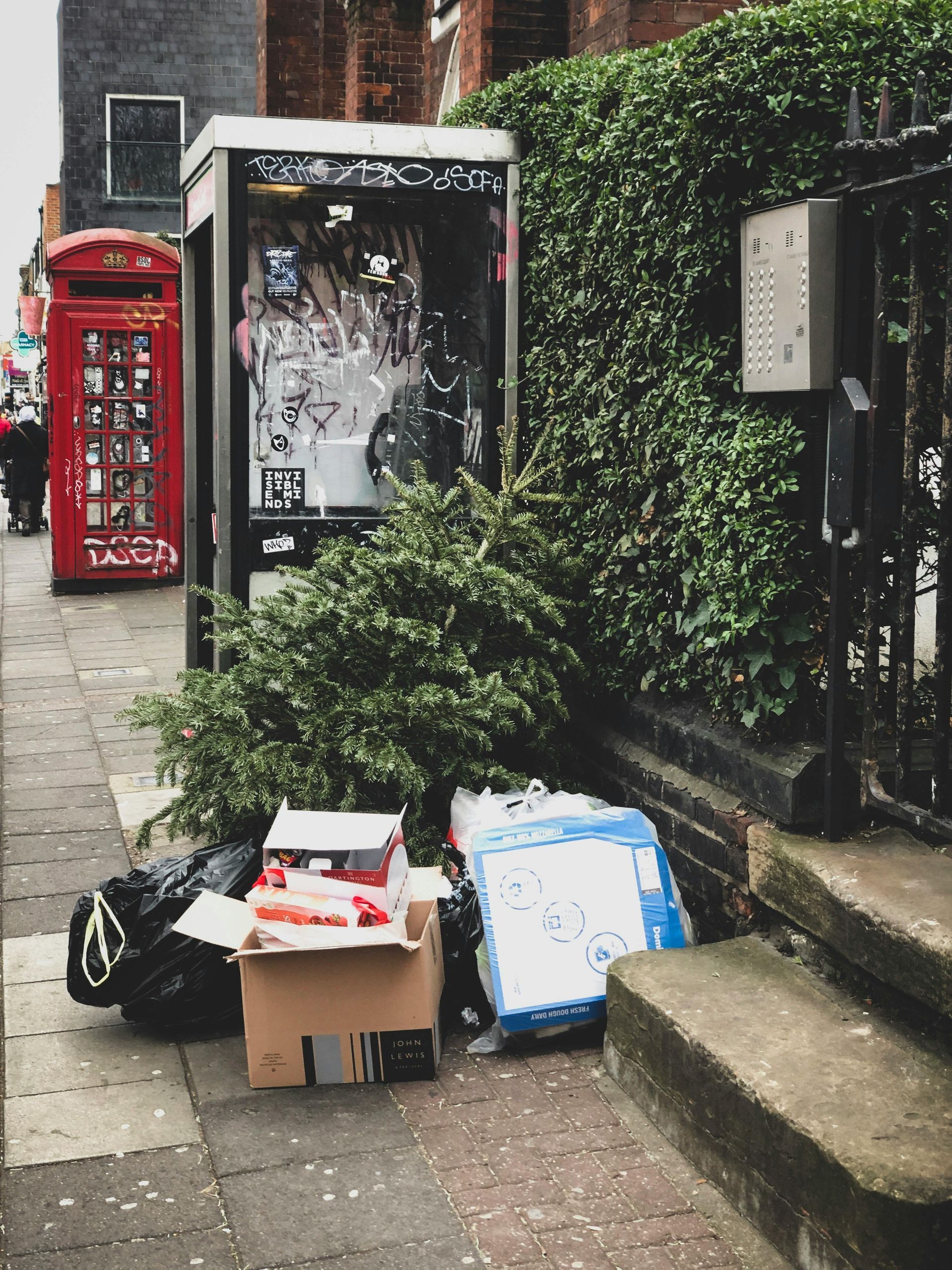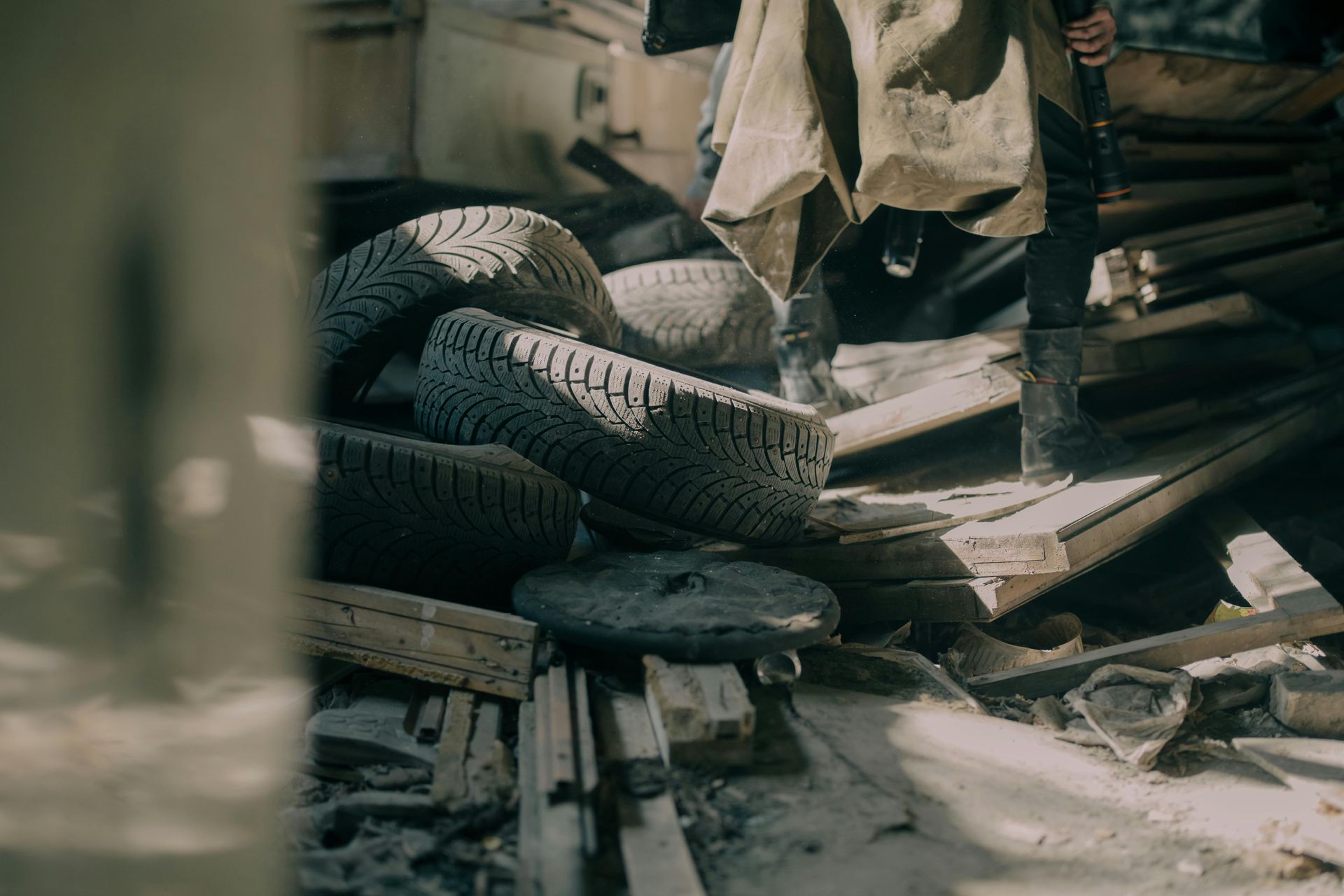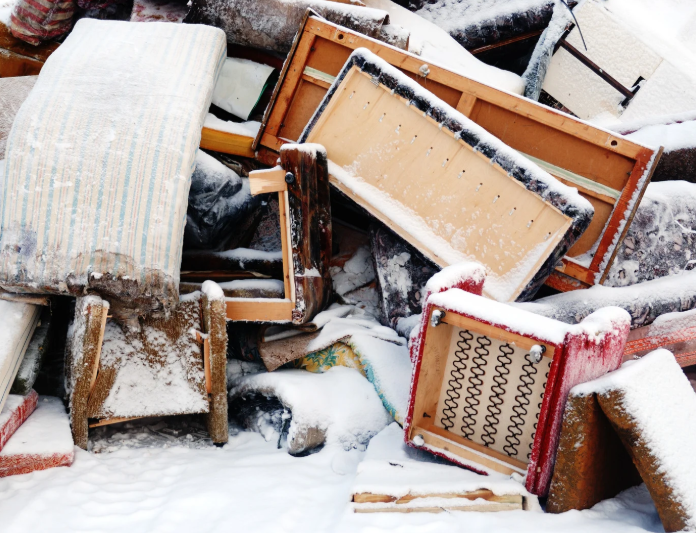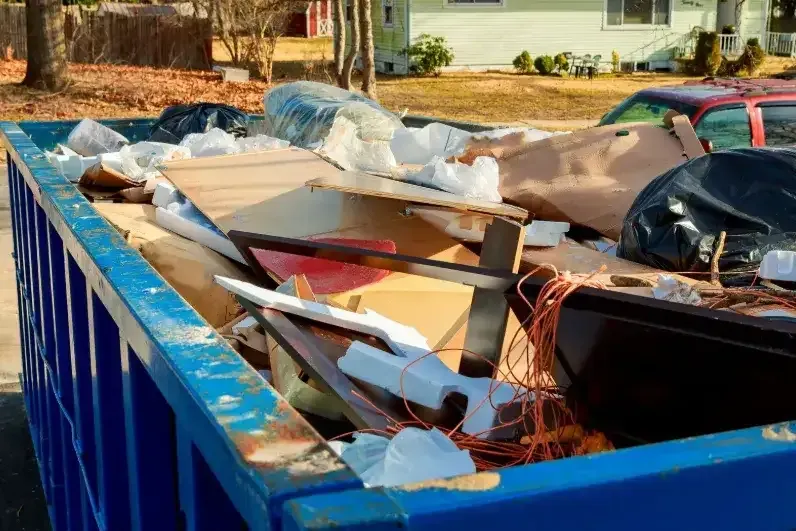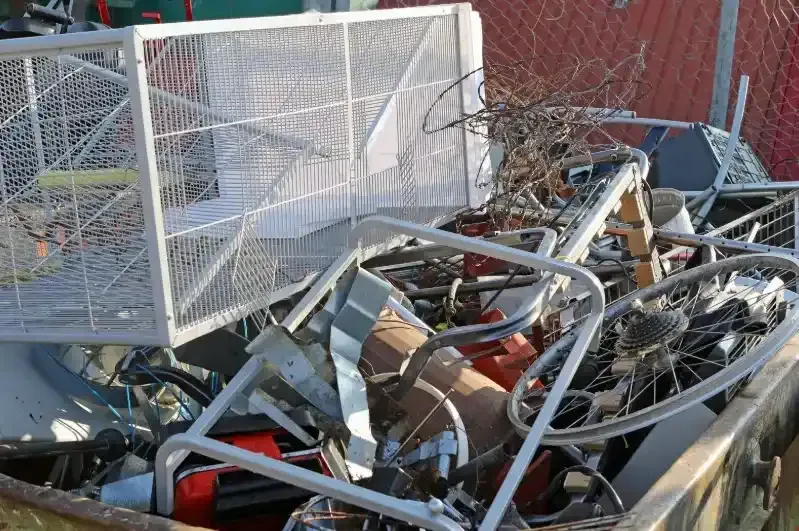How to Clear Out a Home After an Estate Sale
Clearing out a home after an estate sale can feel like an overwhelming task, especially when emotions are involved. Whether you're dealing with the estate of a loved one, preparing a property for sale, or simply trying to declutter a home, the process can often be physically demanding, emotionally draining, and time-consuming. Each item holds a memory, and sifting through it all can take a toll on your time and energy. From deciding what to keep and what to let go of to dealing with the large amounts of stuff left behind, it’s easy to feel overwhelmed.
However, by breaking down the task into smaller steps and approaching it methodically, the process can be made significantly easier. Careful planning, organization, and strategic decision-making can help make the process smoother, allowing you to manage your time better and ensure that everything is taken care of in an efficient and respectful manner.
Assess the Property and Understand the Situation
Before diving into the clearing process, take some time to assess the property and the contents you need to clear out. This step is crucial as it will provide a clear overview of what you are dealing with and what needs to be done. Walk through each room and note the various items, the condition they are in, and whether they hold sentimental, financial, or practical value.
In some cases, an estate sale may not sell everything. For items that remain after the sale, you’ll need to decide whether to donate, sell, or dispose of them. Sorting through belongings will help you figure out what’s worth saving, what needs to be given away, and what should be discarded.

Gather Necessary Supplies
Gathering the necessary supplies is one of the first and most important steps when clearing out a home after an estate sale. Having the right tools and materials on hand can help streamline the entire process and ensure that you work efficiently. Start by gathering sturdy boxes in various sizes for packing up items. Larger boxes will be essential for heavier items, while smaller boxes are perfect for fragile or delicate belongings. You’ll also need heavy-duty trash bags for disposable items, and make sure you have enough to cover the quantity of items you plan to discard. Packing tape, bubble wrap, and markers for labeling boxes will also help keep everything organized during the process.
In addition to packing materials, make sure you have equipment to move heavy or bulky items, such as furniture dollies, sliders, and lifting straps. These will save you time and effort, reducing the physical strain of the job. Depending on the scale of the project, you may need a van or truck to transport items that need to be donated, sold, or disposed of. Being well-prepared with the right supplies will keep things moving smoothly, so you can focus on the task at hand.
Start with Personal Items and Sentimental Belongings
When you’re clearing out a home, particularly after an estate sale, the first items you should address are personal and sentimental belongings. These might include photo albums, personal letters, heirlooms, and cherished keepsakes. Sorting through these items can be emotional, so it’s important to take your time and carefully decide who will inherit or keep each piece.
As you go through these items, make sure to separate anything of sentimental or personal value from the rest of the household contents. Remember, these items may not have a financial value, but they may be priceless to those who loved the person whose estate is being cleared.
Donate Items That Are In Good Condition
Next, take stock of items that are still in good condition and can be donated. Donating used items to charities, thrift stores, or shelters not only helps others, but it’s also an environmentally friendly option for clearing out a home. Many organizations will even offer to pick up donations, making the process easier and more convenient for you.
While you may have already donated some items during the estate sale, there’s often still plenty more that can find a new home. Clothing, furniture, kitchenware, and other gently used items can be donated to a variety of organizations. Don’t forget to get a receipt for tax purposes, as you may be eligible for a tax deduction for the items you donate.
Sell Valuable Items
While estate sales can be a great way to sell items, there may still be valuable things left behind that didn’t sell or were missed. Some items might have hidden value, whether they are antique furniture, jewelry, collectibles, or rare art pieces. These items may be worth more than you initially thought, so it’s worth taking a second look.
If you have any valuable items that weren’t sold at the estate sale, consider auctioning them, selling them through online marketplaces like eBay or Craigslist, or hiring a professional to help you value and sell them. You could also consider contacting specialized dealers who might be interested in purchasing the items for resale.
Rent a Dumpster for Large Items
Once the smaller, more manageable items are cleared out, you’ll likely be left with larger pieces that need to be disposed of, such as old furniture, broken appliances, or other bulk items. Renting a dumpster is an efficient way to handle large quantities of waste and unwanted items. A dumpster allows you to dispose of everything all at once without needing to make multiple trips to the local landfill or recycling center.
Before renting a dumpster, take into account the size of the job. Consider how much waste you’ll need to dispose of and choose a dumpster size that suits your needs. Be sure to research local regulations to ensure you're disposing of waste responsibly and following proper disposal guidelines.
Consider Recycling Where Possible
Environmental responsibility is key when clearing out a home. Rather than simply throwing everything away, make an effort to recycle whenever possible. Appliances, electronics, and even furniture can often be recycled or repurposed. Recycling not only helps reduce the amount of waste sent to landfills but also contributes to sustainability by conserving natural resources.
Many municipalities offer recycling programs for items like electronics, paper, and metal. Some junk removal companies even specialize in eco-friendly practices and can help you sort through what can be recycled. Be sure to check your local recycling guidelines to ensure you’re properly disposing of recyclable items.
Hire Professional Junk Removal Services
If the process of clearing out a home seems daunting, hiring a professional junk removal service is often the most efficient and stress-free solution. A junk removal company can assist with sorting through the contents of the home, removing large or heavy items, and ensuring that everything is disposed of properly.
Professional junk removal services handle the heavy lifting and disposal for you, saving you time and effort. They also offer services for recycling and donation, ensuring that as much as possible is recycled or given to those in need. Many companies even offer same-day services, which can be incredibly helpful if you’re on a tight timeline.
Clean and Prepare the Home for Sale
Once the home has been cleared of personal items, unwanted belongings, and trash, it’s time to clean the space. Cleaning is essential to making the home look its best for potential buyers, especially if the property is being put on the market. A clean home not only gives a great first impression but also helps with the overall value of the property.
Start by dusting and wiping down surfaces, including countertops, windowsills, and baseboards. Vacuum the floors, clean the windows, and scrub the kitchen and bathrooms. If the property has carpets, consider having them professionally cleaned. Cleaning the home thoroughly will ensure it’s ready for showings or the next phase of its sale.
Final Touches and Last-Minute Items
Once the home is cleared out and cleaned, go over everything one last time. Make sure that all the rooms are tidy, free of debris, and prepared for showings. Ensure that any items left behind are either disposed of, recycled, or donated. If you’re working with a real estate agent, they may have additional tips for preparing the home for sale.
It's also a good idea to do a final walkthrough of the property with a trusted family member or friend to ensure everything looks good and that nothing has been overlooked. This will help you spot any remaining clutter or items that need to be addressed before moving forward.
Conclusion
Clearing out a home after an estate sale is undoubtedly a big task, but with the right approach and a bit of patience, the job can be made much more manageable. From sorting through sentimental items with care to donating or recycling where possible, each step of the process ensures that you move forward with clarity and efficiency. Having a clear plan, the right tools, and a bit of help when needed can make all the difference. While it may seem daunting at first, taking the process one step at a time allows you to keep things under control and minimize stress.
Whether you're handling the clearance on your own or you decide to enlist the help of professionals, there’s a solution for every situation. If you find yourself in need of assistance and are located in Gwinnett County, Lasso & Load Junk Removal is ready to help with all your junk removal needs. We offer fast, efficient, and reliable services that will take the hassle out of clearing out your home. For more information, you can reach us at 404-227-2017 or email Lauren.renwickk@gmail.com.
